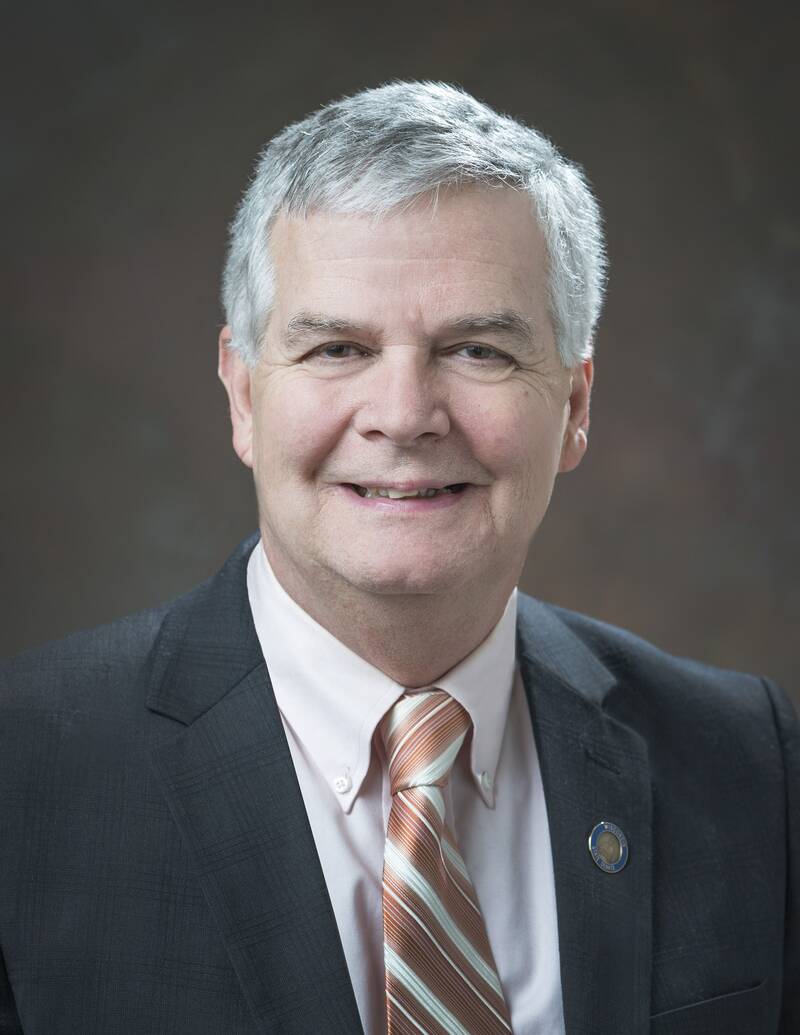Another Labor Day has come and gone. Summer is beginning to wind down and we’re taking our last chance to fish or camp for the season. Children are reflecting on their summer and eagerly anticipating the new school year.
This time of year is also an opportunity to reflect back on my upbringing in Eau Claire and remember the hardworking families in my community. I think about the great strides made in the 20th century because of organized labor. Unions knew at the core of their mission, that nobody should live to work. We should be able to work, so we can live a comfortable life.
Growing up on the north side of Eau Claire, I had a pretty ordinary childhood. My mother worked hard to raise seven children and my father opened his window cleaning business and ran the business for decades. It was common for families to have one parent working outside the home and one parent in the home.
Families in our neighborhood were lower-middle income level by today’s standards. I grew up near the Uniroyal factory. We weren’t too far from the paper mill, and Presto was just a couple of miles north. Many of the kids I grew up with had parents who worked in one of these places. Their parents could support their family because they earned union wages and benefits. It was at the height of a comfortable working class that made America work.
Many of the families were able to afford fishing boats, camping trailers and cabins on the lake. My neighbors were able to spend more time doing the things they enjoyed with their families. These were all things my family couldn’t afford.
The union jobs in the community provided my neighbors an opportunity to have a comfortable lifestyle and build the middle class. These jobs allowed families to own cabins in the resort areas of northern Wisconsin. It was common for a family to take two weeks off for family vacation in the summer and a week off for deer hunting.
None of this would’ve been possible if it weren’t for the courage and foresight of organized labor in the early 20th century that advanced worker’s rights in America. Federal legislation, including the Occupational Safety & Health Act, Fair Labor Standards Act, and Labor Relations Act supported workers, ensuring fair wages and safe working conditions. The Social Security Act was revolutionary, putting protections in place for citizens of all ages. The Civil Rights Act of 1964 made it illegal for employers and unions to discriminate against individuals based on race, national origin, religion or gender.
Although there has been tremendous progress for worker’s rights, there is still more we must do for workers in our country. Today, too many families need multiple jobs to get by. According to the U.S. Census, there are approximately 13 million Americans that have more than one job. Also, based on U.S. Census data, women are more likely than men to have a part-time job to support themselves and their families.
Union jobs guaranteed most workers would have a comfortable future after retirement. The decline of unions and well-paying jobs in our country, force workers to consider how they’ll retire without a pension or 401K plan to supplement their Social Security.
There are steps we can take to support everyday hardworking men and women. We should begin by increasing the minimum wage, restoring prevailing wage, implementing paid family and medical leave and repealing the “Right to Work” law. Governor Evers included all of these proposals in the 2019-21 Biennial Budget, but they were deleted entirely by Republicans.
Oftentimes, we forget the impact of organized labor in our own community. The leaders before us worked tirelessly to improve working conditions and living standards for all. We can’t fall behind. As we push forward, let us remember our hardworking leaders and the example they set to support our neighbors. Remember, we all do better when we all do better.



Add new comment